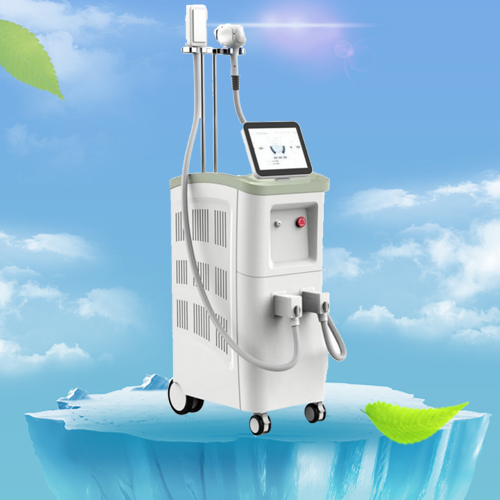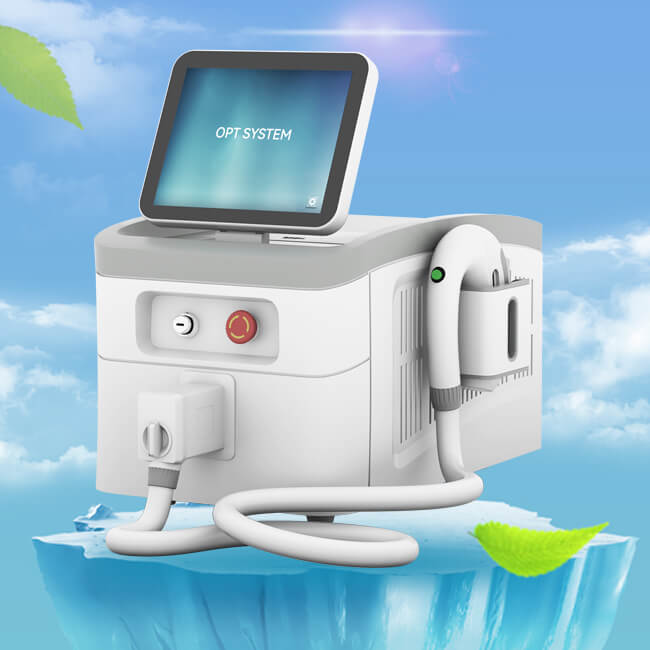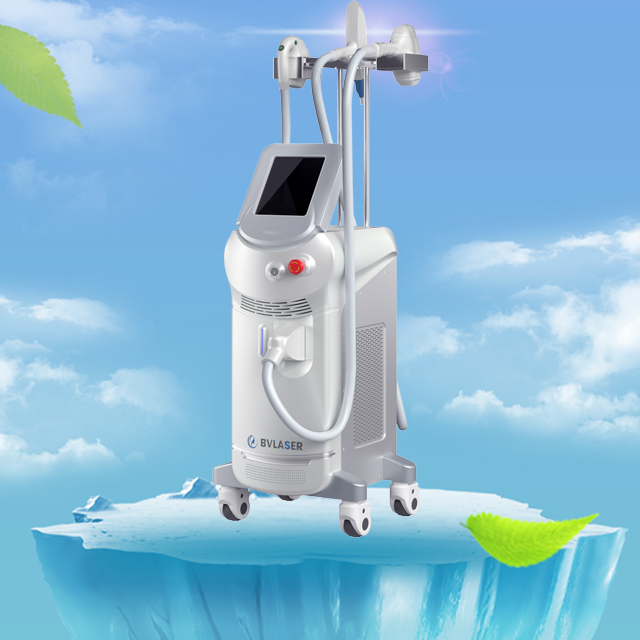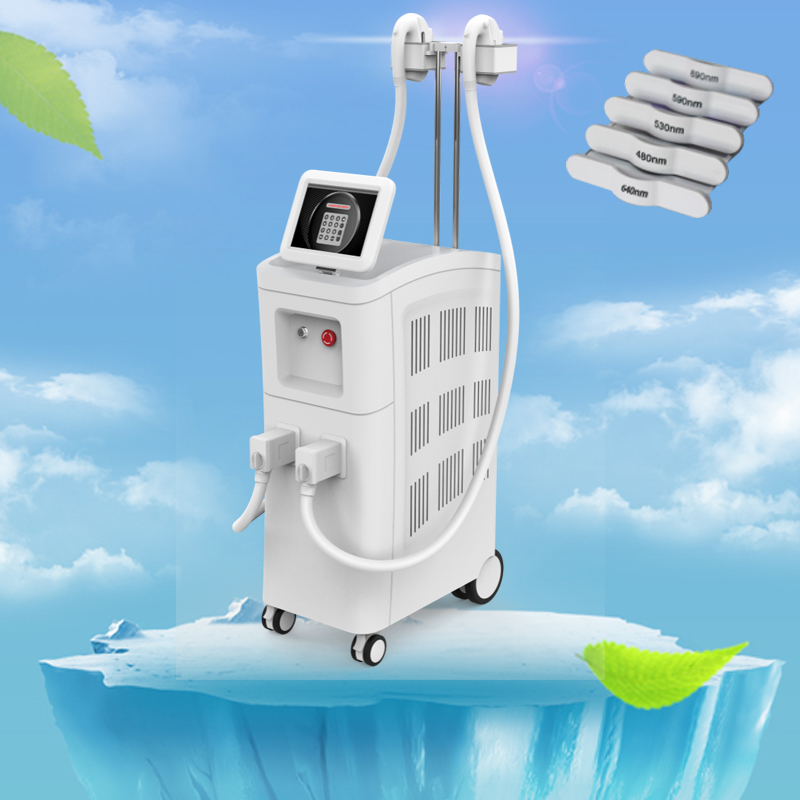How long does the effect of HIFU ultrasound machine treatment last
Author:baishilf Time:2024-01-18 16:34:05
The best HIFU machine professional is a device that uses high-intensity focused ultrasound (HIFU) to tighten and lift the skin on the face and other parts of the body. HIFU ultrasound machine is a non-surgical and non-invasive cosmetic treatment that stimulates the production of collagen, a protein that gives the skin structure and elasticity. FDA approved HIFU machine can help reduce the appearance of wrinkles, sagging skin, and jowls, as well as improve the skin texture and tone.

HIFU facial treatment involves applying a gel on the skin and using a handheld device that emits ultrasound waves in short bursts. The procedure usually lasts 30 to 90 minutes and does not require any recovery time. Some people may experience mild discomfort or pain during or after the treatment, which can be relieved by using anesthetic creams or painkillers. Depending on the desired results, people may need one to six sessions of HIFU facial treatment.
HIFU facial treatment is suitable for people who have mild to moderate skin laxity and want to achieve a more youthful and refreshed look without undergoing surgery. However, HIFU may not work as well for people who have severe skin laxity, extensive photo-aging, or very saggy skin on the neck. In these cases, surgery may be a better option.
How long does the effect of HIFU treatment last?
HIFU was able to significantly improve the appearance of wrinkles and skin laxity in all patients treated, with the results lasting for at least six months. However, the duration of the effect may vary depending on the individual’s skin type, age, lifestyle, and the number and intensity of the treatments. Some people may need to repeat the treatment every year to maintain the optimal results.

Are there any risks associated with HIFU treatment?
HIFU treatment is generally considered to be safe and effective, but like any medical procedure, it may have some potential risks and side effects. According to the web search results, some of the possible risks and complications of HIFU treatment are:
1. Skin burns or blisters in the treated area.
2. Temporary redness, swelling, or bruising of the skin.
3. Mild discomfort or pain during or after the treatment.
4. Nerve damage or numbness in the face or neck.
5. Headache, dizziness, or nausea.
6. Infection or inflammation of the treated tissue.
7. Changes in skin sensation, texture, or color.
8. Scarring or skin discoloration.
9. Allergic reaction to the gel or anesthesia.
10.Urinary problems or erectile dysfunction (for prostate cancer treatment).
11. Recurrence of cancer (for tumor treatment).
These risks and side effects are rare and usually mild and temporary. They may depend on the individual’s skin type, age, health condition, and the number and intensity of the treatments. Most people recover quickly and resume their normal activities within a few days. However, it is important to follow the aftercare instructions given by the provider and report any severe or persistent symptoms to them.
Can anyone get HIFU treatment?
HIFU treatment is not suitable for everyone. There are some factors that may affect your eligibility for HIFU treatment, such as your age, skin type, health condition, and the type and location of the tumor or condition you want to treat. Some general criteria for HIFU treatment are:
1. You have localized prostate cancer (the tumor has not spread outside of the prostate gland) or uterine fibroids.
2. You have a prostate gland of less than 40 grams or cc or a uterus of less than 12 weeks gestational size.
3. You have mild to moderate skin laxity on your face or neck and want to improve your appearance without surgery.
4. You have essential tremor or Parkinson’s disease that is not well controlled by medication and affects your quality of life.
5. You do not have any contraindications for HIFU treatment, such as previous colon surgery, metal implants, pacemakers, pregnancy, or bleeding disorders.
These are not the only criteria for HIFU treatment. You should consult with your healthcare provider to determine if you qualify for HIFU treatment and what are the benefits and risks for your specific case. I hope this information is helpful.






















